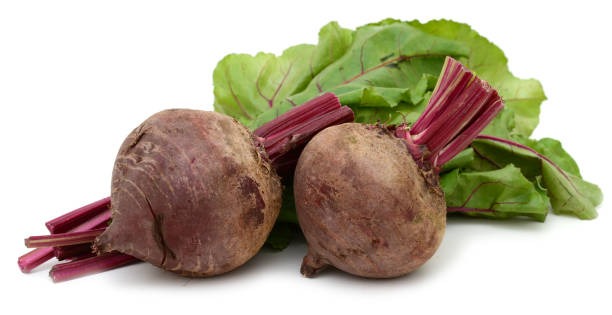Bread is one of the world’s most cherished foods, but it often sparks debate when it comes to health. With concerns about refined flour, added sugars, and the impact on blood sugar levels, many health-minded people are searching for better options. Among all varieties, sourdough bread consistently stands out as a smarter choice. But is sourdough bread truly healthy? Let’s dive into its nutrition, benefits, and things to keep in mind.
Unlike conventional bread made with commercial yeast, sourdough is crafted through a natural fermentation process. A “starter,” containing wild yeast and lactic acid bacteria, slowly ferments flour and water. This process not only gives sourdough its signature tangy flavor but also transforms the way the bread interacts with our body.
The long fermentation process partially breaks down gluten and starches, which can make sourdough easier to digest than standard white or wheat bread. Some people with mild sensitivities find sourdough more tolerable.
Grains contain phytic acid, a compound that reduces the body’s ability to absorb minerals like iron, zinc, and magnesium. Fermentation reduces phytic acid, making these nutrients more bioavailable. In simple terms: sourdough helps your body absorb more goodness from every bite.
Because fermentation changes the structure of starches, sourdough has a lower glycemic index (GI) than many other breads. This means it causes a slower rise in blood sugar, which can be particularly helpful for people managing insulin resistance, prediabetes, or type 2 diabetes.
Even though live bacteria don’t survive baking, the fermentation process produces prebiotics—fibers that feed the “good bacteria” in your gut. This contributes to improved digestion and supports a healthy microbiome.
Sourdough made with whole grains is naturally high in B vitamins, selenium, and antioxidants. Combined with its improved mineral availability, it can be a more nutrient-dense option compared to other breads.
White bread: Highly processed, low in fiber, and quickly spikes blood sugar.
Whole-wheat bread: Higher in fiber and nutrients, but may still be tough to digest for some people.
Multigrain bread: Nutrient-rich if made with whole grains, but not always low GI.
Sprouted bread: Excellent for nutrition, but lacks the tang and digestive benefits of sourdough fermentation.
Compared to all of these, sourdough strikes a balance between nutrition, digestibility, and flavor.
While sourdough is a strong choice for many, it isn’t perfect for everyone:
Gluten content: Sourdough still contains gluten, so it is not safe for people with celiac disease.
Calorie and carb count: Like all bread, sourdough contains carbohydrates. Those following low-carb or ketogenic diets may find traditional sourdough too high in carbs.
Ingredient variations: Not all sourdough on the market is created equal—some store-bought loaves may be made quickly with commercial yeast and labeled as “sourdough” without undergoing full fermentation. Always check the label.
Look for true fermentation: Authentic sourdough lists just flour, water, salt, and starter.
Prefer whole grain versions: These add extra fiber and nutrients.
Avoid unnecessary additives: Skip breads with added sugar, preservatives, or highly refined flour.
Mind the portion size: Even healthy bread can add up in carbs and calories if eaten in excess.
Overall, yes—sourdough is a healthier option than most conventional breads. Its lower glycemic impact, improved digestibility, and nutrient availability make it a standout. However, how “healthy” it is also depends on your personal goals. If you’re watching carbs closely, you may need to limit portion sizes or choose a low-carb sourdough alternative.
So, is sourdough bread healthy?
Absolutely—when made traditionally, it offers better digestibility, steadier blood sugar control, improved nutrient absorption, and gut-friendly benefits. It stands above regular white or wheat bread for those seeking a more wholesome loaf.
However, if you’re aiming for even fewer carbs or following a ketogenic lifestyle, traditional sourdough may still be too high in carbohydrates. In that case, specialty brands have created low-carb sourdough options that provide the same tangy flavor and fermentation benefits with a fraction of the carbs. One such example is Low Carb Avenue’s sourdough bread, which combines authentic taste with a low-carb, high-protein nutritional profile—making it an ideal choice for health-minded bread lovers.
Tags: sourdough bread, keto sourdough, low carb sourdough bread, keto bread, low carb bread, healthy bread, sourdough sandwich bread, low carb diet, healthy eating




Want to add a comment?